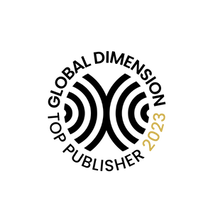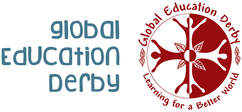|
Written by: Yvonne Luce (Global Education Derby) We are now in the reporting phase of the Thinking Otherwise project. The project closed on 31 August 2021 after 33 months, riding an unpredictable roller coaster. Thankfully, our project had well grounded foundations, built on a rock of trust and understanding. Strong relationships were in place from two years of collaboration through Erasmus+ funding on In Others' Shoes This allowed us to plunge straight into project meetings and face to face training sessions around the project themes in Estonia (March 2019). It was an amazing week with the team at the school house in Põlva. So much to see, learn and absorb. How many head teachers do you know who can reach any area of the campus at lightning speed on a scooter? It was an eye opener and a great pleasure to be hosted by Võru Gümnaasium and discover how former UK Prime Minister, Margaret Thatcher, was held in high regard in the languages department. There are surprises around every corner. 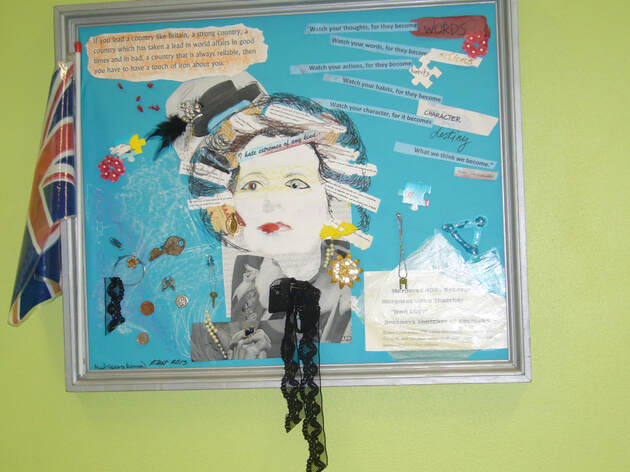 Come October 2019 we were in Derby sharpening our Philosophy for Children skills with our ever resourceful Philosopher's Backpack colleague Jane Yates . Another great few days shared together, not without some uncomfortable discussions, as we planned the road ahead. As a respite, we pulled in a cream tea or two to sit back, relax and reflect. All was going to plan, what can go wrong with great communication, committed project partners, inspirational students and detailed planning? Of course, little did we know about the upcoming threat on the horizon or how devastating a worldwide pandemic can be. WhatsApp messages became frantic in February and early March 2020 with the realisation that the closing down of society was a necessity for everyone. Our TPM in Turkey cancelled, we watched lockdown and travel restrictions ravage through Europe. Projects seemed unimportant as caring for ourselves and protecting others took centre stage. The energy and vibrancy of our engagement ebbed away and it took some time to accept that we needed to work differently, if our project was to succeed and be revived. We had to learn to unlearn, be open to new ways of doing, and build the confidence to think otherwise for ourselves. March 2021 was the time a new butterfly emerged from the chrysalis in the shape of our virtual student conference. How good it was to try new things together, utilize new and latent skills and ultimately open a door for student ambassadors to collaborate, lead, co-create, reflect and review. From this point on working to complete the Thinking Otherwise website was not a duty but a joy. How could we integrate our resources successfully? How could we make messaging coherent, consistent and clear? How could we ensure relevance, utility and rigour, yet maintain simplicity and accessibility? Many questions to answer and many times we ripped up the web page and started afresh. As usual, we were on the edge of our comfort zone until the task was complete and the publish button pressed for the final time. There were many twists and turns along the way, beyond our wildest imaginations. Thanks to everyone who has been on this journey with us. Your contributions have been invaluable. Let us continue, as best we can, to control the controllables, let go of the things that hinder and envision a brighter future - by thinking otherwise.
0 Comments
Written by: Lisa Sabey - Global Education Derby, UK (5 May 2021) Virtual student conference – the planning As part of our Thinking Otherwise project, our European partners we were supposed to be taking young people to Ljubljana in Slovenia in May 2020 for a face-to-face Student Conference. The students were to share peer educator training and experiences. A visit, of all the project partners, was also planned in Ismir, Turkey, for March 2020 – so that we could make all of the arrangements for the Student Conference. THEN CAME COVID-19 AND WE WERE ALL LOCKED DOWN! After working independently at home, we resumed collaborative activity enthusiastically in September and, after a couple more planning meetings, we scheduled a virtual Student Conference for March 2021. 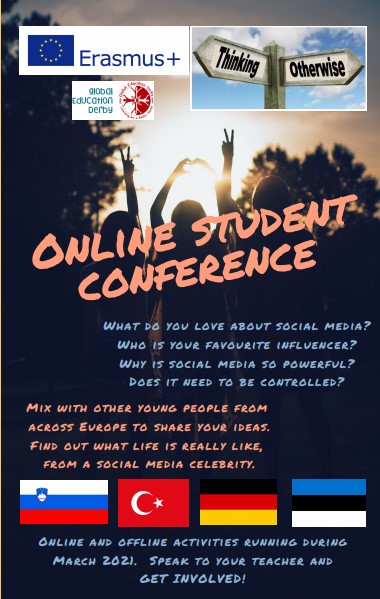 A programme of blended learning with online and offline student leadership activities was born promoting: · Student research and collaboration · Cross cultural active speaking and listening skills · Explore critical thinking within the context of social media · Critique the role of influencers and develop a sense of agency · Mind map and generate ideas for peer led activity · Identify roles and responsibilities within a team · · Design, plan, deliver and evaluate a critical thinking activity · Personal reflection and peer review of materials and activities produced · Give and receive constructive feedback to peers · Apply learning in online and offline settings to develop personal skills The first online session The first online session consisted of a check-in, followed by icebreaker activities and an online quiz, so we could get to know everyone and prepare to meet our social media influencer, Luca Gallone. Students researched the role of social media influencers and agreed on questions that their team could pose to Luca at our next virtual get together. Luca sent us a special welcome message. Online session 2 was our opportunity to interview Luca. The questions, asked directly to Luca by the students, were brilliant and Luca said he really enjoyed it. At the end, he treated everyone to an amazing magic trick! The students were then put into breakout rooms where they could reflect on the discussion together– did anything surprise you?, have you learnt anything new?, what does it make you want to know more about? There was plenty to discuss. Offline collaborative working A challenge was set for students to work on together with their classmates. The task was to look deeper into critical thinking and design an activity to share with the other students, to develop critical thinking skills and awareness.. These could be new activities or based on student led activities originally developed for a face to face workshop - could these be adapted for online delivery? Could the students (and teachers) meet the tight deadline before we met again? The Final day We all came together on Zoom again for sessions led by the students, for the students. The schools were split into two groups: Germany & Slovenia, Turkey & Estonia This allowed time for a screen break between online sessions 3 and 4 to give everyone's eyes and ears a rest. After a welcome whiteboard activity (How are you feeling today?) and brief introductions about their schools, students from each country led their activity with the other three countries. Feedback from each session was gathered on a Google Form and this was shared with all the students.
At the end of this session, all students and adults were asked to complete an online evaluation form to critically reflect on the whole of the virtual student conference (online and offline activities). Everyone had the opportunity to share a comment or picture on an “End of conference celebration” whiteboard, whilst we celebrated with our own cakes! 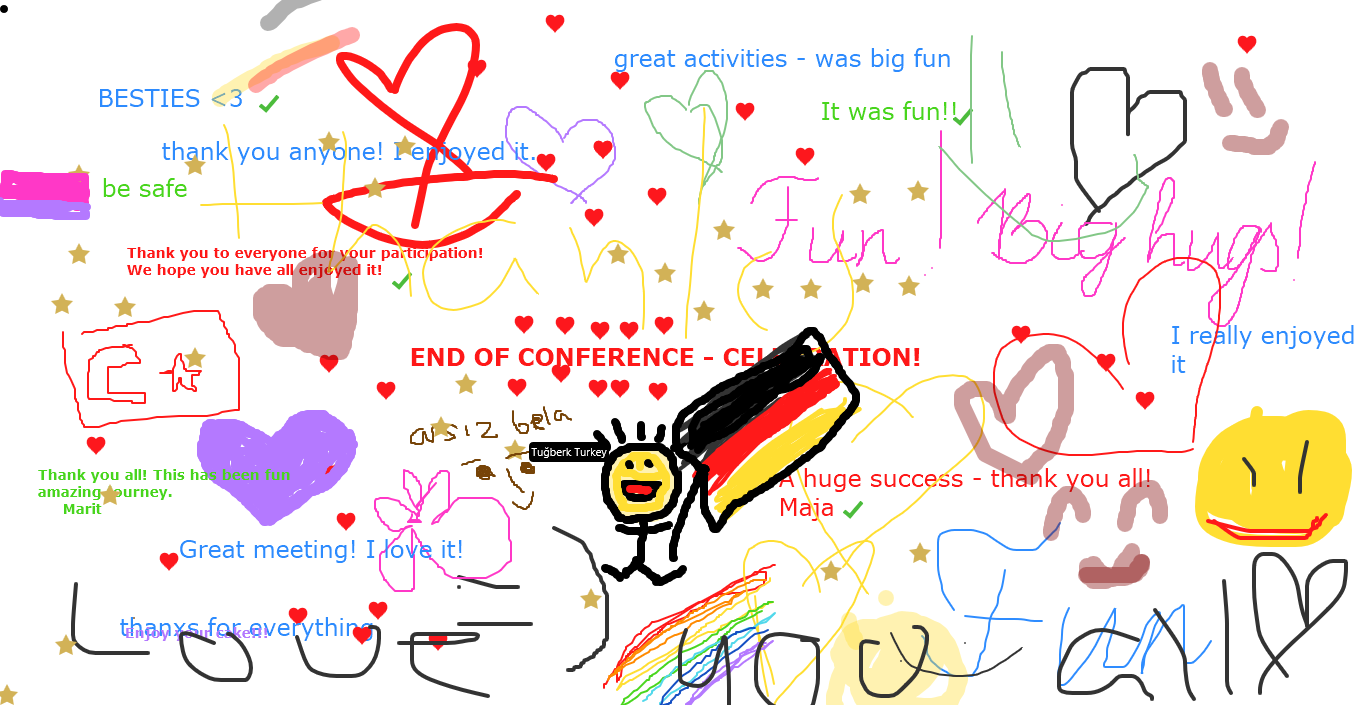 A lot of work was put in by the students, over the duration of the conference – lots of thought and preparation, lots of critical thinking and planning, to create the resources. Huge thank you to everyone who participated in the conference that we thought we couldn’t have! It was a big success and we couldn’t have done it without you all! Although we weren’t all physically in the same room together it was a wonderful experience!
Sharing this experience together built confidence for all and provided valuable feedback on the student activity ideas. Following the conference the majority of these activities were refined and included in the student activity section on the Thinking Otherwise website. Check them out!  Written by: Nina (student) Dr.-Jaufmann-Mittelschule, Bobingen, Germany (26 March 2021) Thank you to Nina for writing this blog post and sharing with us.
She was one of 20 students, from Germany, Estonia, Slovenia and Turkey) who participated in our virtual student conference (11-23 March 2021). ENGLISH TRANSLATION ... The Erasmus project is a great experience where you learn a lot about how, for example, not everything on social media is true and that it often happens differently behind the scenes. In addition, you will get to know many other students and teachers from other countries, all of them wanting to learn more about critical thinking. It is fun to discuss the topics and to deal more with the topic.  Written by: Yvonne Luce, Global Education Derby (20 August 2020) As a young teacher, I was always astounded that, after considerable work planning, delivering and reviewing the curriculum, it seemed that whatever we were doing was soon considered obsolete and the whole process of familiarisation, learning and planning had to begin once more. Older, wiser staff would sigh and grumble about more changes yet again. They would explain that “education goes in cycles” and that, whatever was now being criticised, would re-emerge as a “new discovery” sometime in the future. Some of what was said often proved to be the case, as time went by. Teaching fads can come and go, sometimes with little evidence that the new “big thing” has any meaningful, long term impact. There is now much more rigour and research underpinning classroom interventions. Information is publicly available for teachers to examine for themselves. This can only be a good outcome for teachers and students and generates a lot of interest and debate. https://educationendowmentfoundation.org.uk/evidence-summaries/teaching-learning-toolkit/ There are also more opportunities for teachers to learn, discover and reflect and far more collaboration and sharing between educational professionals, both formally and informally. Websites such as https://www.schooleducationgateway.eu/en/pub/index.htm and https://chartered.college/future-of-teaching/ are just two examples of where teachers can stretch their minds, build confidence and make new connections. It is remarkable how much time many teachers devote to their own professional development, beyond that arranged by their own educational institution. Social media has opened up a whole new space for teachers to engage with different perspectives and knowledge, whatever their specialism. The inescapable fact is that change is inevitable. The world is always moving on and of course, for some, change does not come quickly enough. I recently asked a group of teachers what was the biggest change in their lifetimes and they quickly focused on technological change and its impact upon their lives, families, jobs and wider society. Personally the last few months have demanded a huge move away from face to face activity to remote working, powered by these new technologies. The most demanding challenge has been to take existing face to face training courses and transform them into live, online training which is participatory, interactive and responsive. Initially, my reaction was to deny the necessity of this change, believing that it was impossible to do it and needless - but change waits for no one! Once the value and need to learn new ways to do things was accepted, the process became a little easier. Thinking through course content, chatting to experienced online deliverers, exploring online platforms and applications, practice with trial and error, became the order of the day. It must be said that the whole process was extremely time consuming. However, the buzz of learning something new, thinking creatively and mastering new skills became quite addictive. Thankfully, the first live, online course was well received by the participants and was not as daunting as originally feared when the fateful training day arrived.
The keys to success were working together with other facilitators, sharing ideas, giving each other space and time, building trust and daring to take risks. We must become lifelong learners; brave enough to try out new things, risking vulnerability in order to overcome anxieties about change. Change can be rewarding rather than intimidating, if we can challenge our limiting beliefs and start to take positive actions to move forward. The first steps have been taken and the next change will be just around the corner of life. 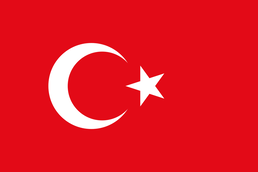 Written by: Berrin Işıl Özer and Sibel Altunyurek, Cihat Kora Anatolian High School, Izmir, Turkey (1 July 2020) We started the academic year enthusiastically, with the excitement of learning and teaching new things, opening new horizons. This year, we had planned on running regular P4C workshops with the students and no sooner had we started the meetings than the Covİd-19 thing broke out! Then, everything changed immediately. So in this blogpost we have put some snapshots of our P4C enquiry sessions with our lovely students in the first hand. Then, we tried to compose our observation and feeling so far. We face a new enemy that can be insidious, serious, effective or even fatal, but, unfortunately, not visible. This is an enemy that can make destructive and effective moves if you are careless and even more brutal and revitalized. It soon killed thousands of lives. Not only the economy or something, it also turned the social life upside down. Okay, but this bad picture has some good deeds, and it will be. There is 'optimism' on the good face of the picture. We have learned the value of life, realized and discovered the value of family, friendship and social belonging. Thanks to the Corona epidemic, we have realized again how important our health is.
We have realized the importance of science and technology and the indispensability of modern medicine. We have underlined that we should not forget that cleanliness and hygienic measures are one of the indispensable, not only of faith, but also of health. We realized the importance of our family, social and social solidarity and cooperation. We have brought up the question of how necessary it is to support solidarity, talk, showdown, and reconsider our value judgments. *Social Media Isolation Panic, fear, anxiety and hopelessness are the biggest threats today ... and these four are just as dangerous as the coronavirus itself. That is why we should be careful about "fake" suggestions on social media, baseless, unfounded "dirty information" as much as virus infection. *First, Then First health, then others First human, then economy First prevention, then treatment Distance first, then others Life is bumpy. We should not forget that the situation we live in can always come and go, that the most sacred duty in the world is to save lives and that people need people. To sum up, “Happiness consists of the disasters we have survived,” a philosopher said. There is a message that we must see in every disaster as long as we don't close our eyes. 
Written by:
Yvonne Luce, Global Education Derby (4 June 2020)
As things stand 2020 appears to be a year that will go down in history as a cataclysmic year. From impeachment trials, bush fires, plane crashes, assassinations, extreme weather, pandemics, locust swarms, political, social and economic tensions abound. 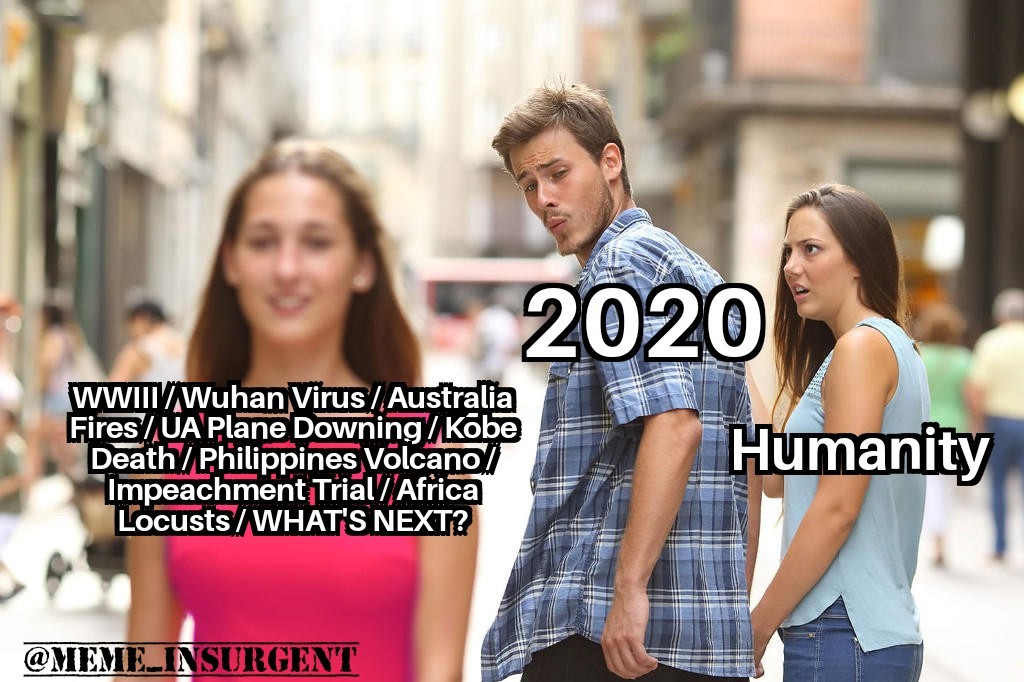
(Credit: Meme_Insurgent https://www.memedroid.com/memes/detail/2870566/2020-So-far )
Where do young people go to inform their opinions on events in the news? Less reliant on traditional news sources such as newspapers and television they turn to online chat groups, video channels and social media platforms as key sources of information and validation.
http://www.digitalnewsreport.org/survey/2019/how-younger-generations-consume-news-differently/ A cocktail of crises lends itself to the emergence of scams, controversy theories, fake news and misinformation. Human insecurity and vulnerability is open to exploitation. Sometimes hoax stories are spread as fun or satire. No lasting harm is done. At the other extreme misinformation can result in anxiety, fear, financial loss, radicalisation or abuse. How can we fine tune our critical thinking skills to recognise manipulation and build a balanced, rounded approach to the stories we hear? 1. Ask Questions It is very easy to passively accept information without thinking about the bigger picture. Where has this story come from? Is it biased? Are there any facts missing? Is the source reliable? Can I check these facts out for myself? 2. Check out images Often stories can be based on rumour or recycled from similar events in other times or places. Photographs can be cropped or edited to underline a message that is unrelated to the original image. Visual images are very powerful but easy to misuse or misrepresent to support an online claim. The photograph below was used to claim that riots were happening in London in June 2020.
3. Think for Yourself Fake stories are designed to be persuasive. If the narrative is being shared by a respected friend or someone we admire it can be difficult to reject it. Always think for yourself. Is the story over simplified? Does it scapegoat a person or group in society? Does it make connections that seem far-fetched or dubious? Is it too good to be true? Look for the warning signs and keep an open mind. 4.Get out of your echo chamber All of us have preferences. We feel drawn to a particular view of the world and gravitate to those who appear to hold similar values, interests or backgrounds. Online interactions can become trapped in an echo chamber where we are insulated from alternative perspectives. We encounter similar viewpoints many times. This can reinforce our assumptions and misunderstandings. Be aware of your biases and seek to engage with difference. It can help you gain insight into issues from more varied perspectives and deepen understanding. 5. Be aware of your filter bubble Every online search and interaction we make is tracked one way or another. It means that the content we see is designed to capture our attention and keep us engaged. What we view online is tailored to match our personal interests and profile. This can be useful. This is why a mobile phone notifications arrives soon as your favourite footballer gets his big money transfer or that new car model is officially launched. It is exciting to be first with the news but always remember, we are only ever seeing part of the bigger picture. 6 Research, research, research No matter how savvy we are it is easy to be charmed by a well-crafted story. Otherwise we may not choose to buy that new ice cream or donate to a deserving charity. There is also the danger we could get duped into neglecting our health, disrespecting our neighbours or make important decisions based on faulty information. Independent fact checking websites exist analysing online stories for the benefit of the public. If a story is troubling you, it is well worth checking these out. Maybe you will find more focusing on viral stories in your community. https://www.snopes.com/ - USA https://infotagion.com/ - UK https://fullfact.org/ - UK  Written by: Maria Turner, Dr.-Jaufmann-Mittelschule, Bobingen, Germany (1 May 2020) 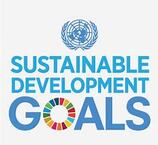 Development remains the fundamental challenge faced by Europe even as other issues such as migration and Brexit dominate news headlines. The 17 Sustainable Development Goals (SDGs) as well as the Paris Agreement and the New Urban Agenda (Habitat III) are internationally binding agreements that pave the way towards transformative policy. The educational response to underpin this transformation …………. But suddenly our – and the worlds’ - focus changed to a totally different topic: A VIRUS forced us to reorient ourselves, school and teaching, as we have known before - reinvented completely.  Home-schooling let teacher, students and parents struggle for quite a while, until all got used to, more or less. Digitization of schools, previously on everyone's lips, more theoretically, suddenly became practice and pushed everyone to their limits. From this experience, everyone involved, learned to appreciate school again. My first day back again in school was a real special moment. Students who automatically and conscientiously followed all hygiene regulations entered the classroom and sat at their tables expectantly, with a minimum distance and mouth protection – awaiting lessons. This was such an extraordinary moment – unforgettable, irretrievable! 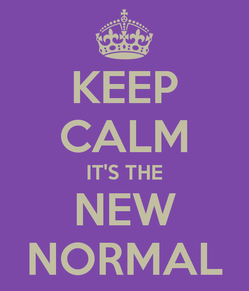 These days, the world has ample opportunity to reflect on old values, to think about what is really important. Our goals of "thinking otherwise" became mantra in no time. Let us take advantage of this opportunity and the possibilities that lie in all horror and reflect on values that are beneficial to our earth, to people and school in particular! You all stay healthy, happy and get back to school as soon as possible. 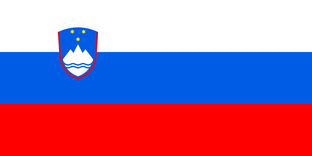 Written by: Robin Dewa, Bodi svetloba NGO, Slovenia (1 April 2020) We never thought this could happen to us. Covid-19 rapidly spreading all over the world causing the world's largest lockdown. A dangerous disease, prone to mutations and with no vaccine for it at the moment. A lockdown like this has never happened in the entire history of humankind before. As I've read the news today, between 800-900 people are infected in Slovenia by Covid-19 and 17 deaths. Worldwide, more than 44,000 deaths and around 890,000 people infected. Sad news indeed. True numbers are, unfortunately, probably much higher.We must do everything possible to save lives of the vulnerable population, such as elderly and sick people, so we must behave in a responsible way, no doubt about it. The Covid-19 has affected our Erasmus+ work as well. Participating Slovenian students in Thinking Otherwise project were getting prepared for the TPM in Ljubljana in May, rehearsing the programme and doing activities in the field of addiction to mobile phones and food advertising. We were helping students develop critical thinking and reading skills. Me and Maja Štekovič were exchanging ideas about the future activities when, due to the Covid-19, schools had to close. Suddenly, we had to be creative and offer our lessons to students online. I'm now getting used to have my individual sessions with students via Skype. In our Sloga NGDO platform, we voted for the new members of the platform council via email as well. Our Thinking Otherwise TPM in Izmir at the end of March was cancelled as well, so we recently turned to Zoom and participated in an online virtual TPM. On the positive side, Thinking Otherwise members learned how to be creative and adaptive in using the new technology but there is still no substitute to face-to-face meetings. Our virtual TPM - action shot! Being confined to homes and going out mostly for buying basic stuff with mandatory masks and gloves, it's quite depressing and sad situation. Streets void of pedestrians and vehicles is something we have only recently adjusted to, but the impact of the prolonged global lockdown can be even more devastating for billions of people in future. Therefore, in these challenging times, it is important to be positive in thoughts and actions, take all precautionary measures in accordance with governments' rules and to be in the touch with Mother Nature. ... And in these challenging times, we must not be selfish. The global challenge requires a global action and this is what the UN Secretary General Antonio Guterres from Portugal called for when talking about the establishment of the UN Trust Fund for COVID19 Response and Recovery to respond to the emergency and recover from the socio-economic shock. With the right actions, the Covid-19 pandemic can enable the beginning of a positive type of global cooperation. Therefore, the developed countries must assist developing countries, not only in their battle against Covid-19, but in reaching Sustainable Development Goals as well. For far too long we haven't cared about diseases, hunger , deaths and other challenges in the developing world as these scenes were far away from us ("Thank God it's them instead of you" - from "Do they know it's Christmas?"). For far too long we haven't cared about environmental destruction, climate change and other negative stuff. We can't go on thinking nothing is wrong. Now, as the whole world faces the same challenge with Covid-19 , the whole world has got to get together in the implementation of the 17 Sustainable Development Goals, which include health. Now there is no more time to look the other way, but to walk the talk if the humankind wants to survive. On the positive side , the times of uncertainty also offer the windows of opportunity if we are intelligent enough to notice them and act upon them. As late Nelson Mandela once quoted: "Sometimes it falls upon a generation to be great, you can be that generation". To cut the long story short - the things will never be the same in the future. The Thinking Otherwise project helps us learn new skills and exchange innovative ideas . Covid-19 is the lesson both educators and students can learn from, in order to be both humble and resilient. Perhaps we will need these new skills and knowledge in the not too distant future when the world changes for good.
|
AuthorBlogs written by the Thinking Otherwise team. Archives
September 2021
Categories |
|

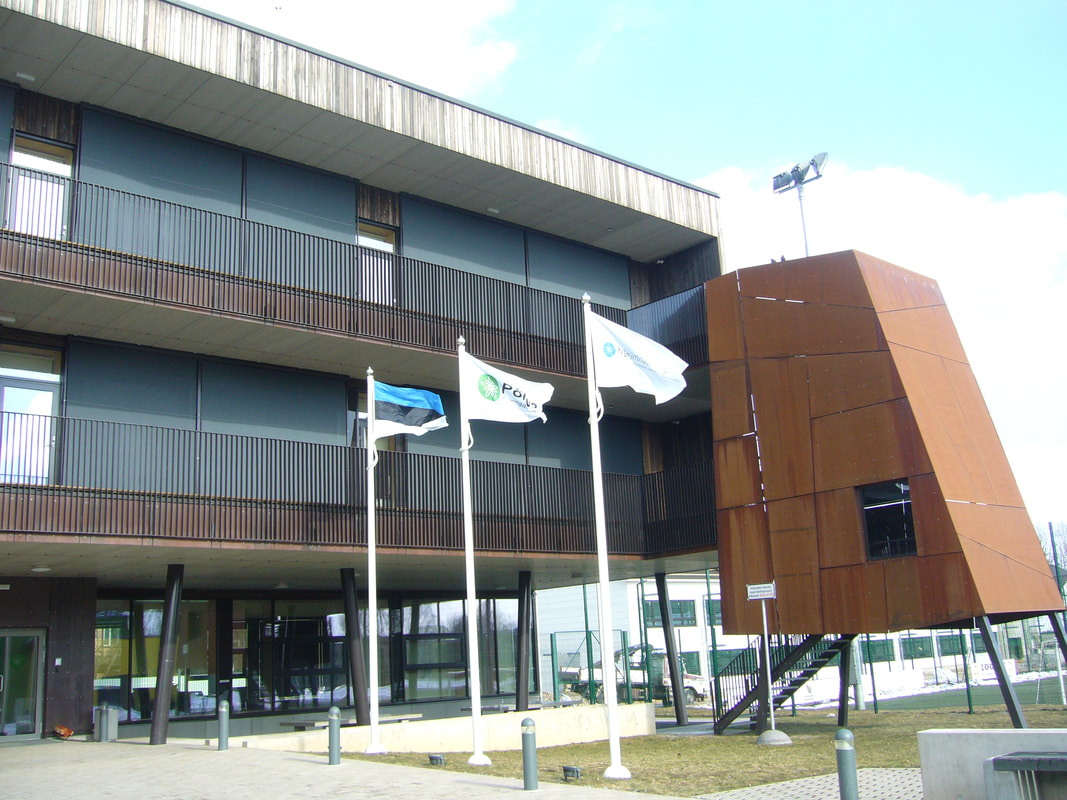
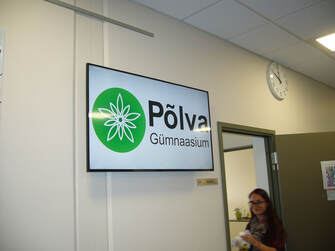
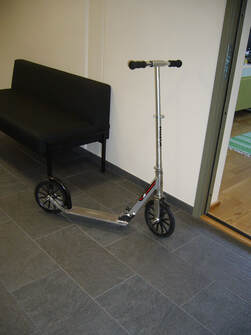
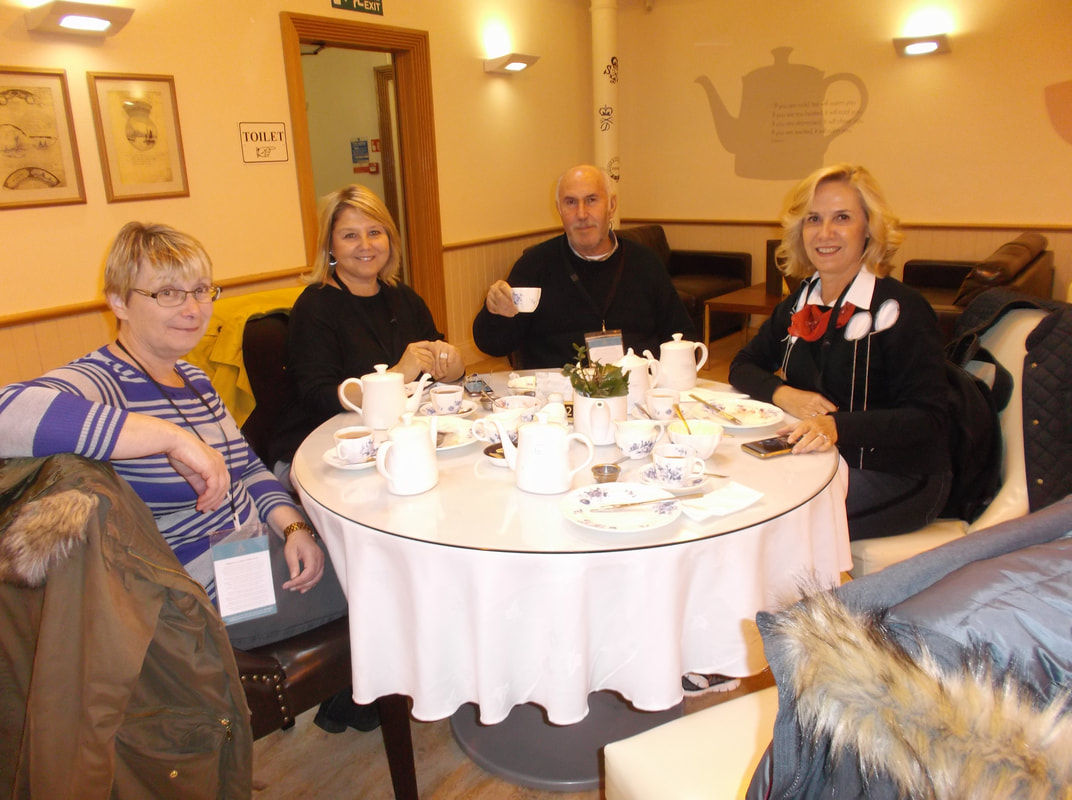
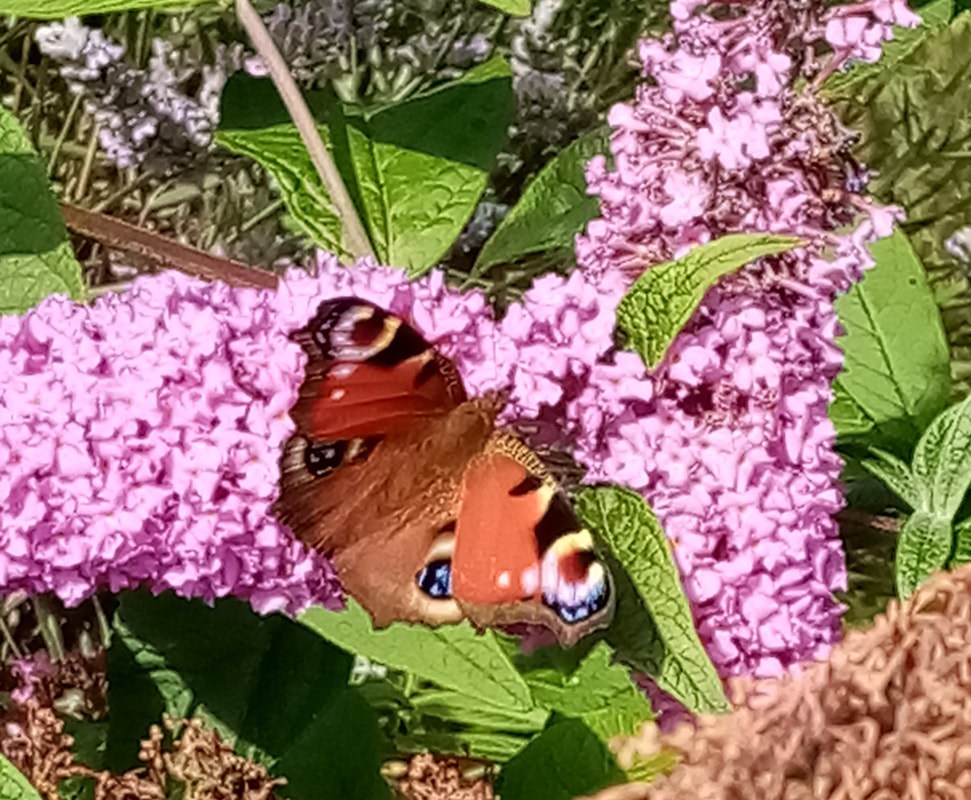
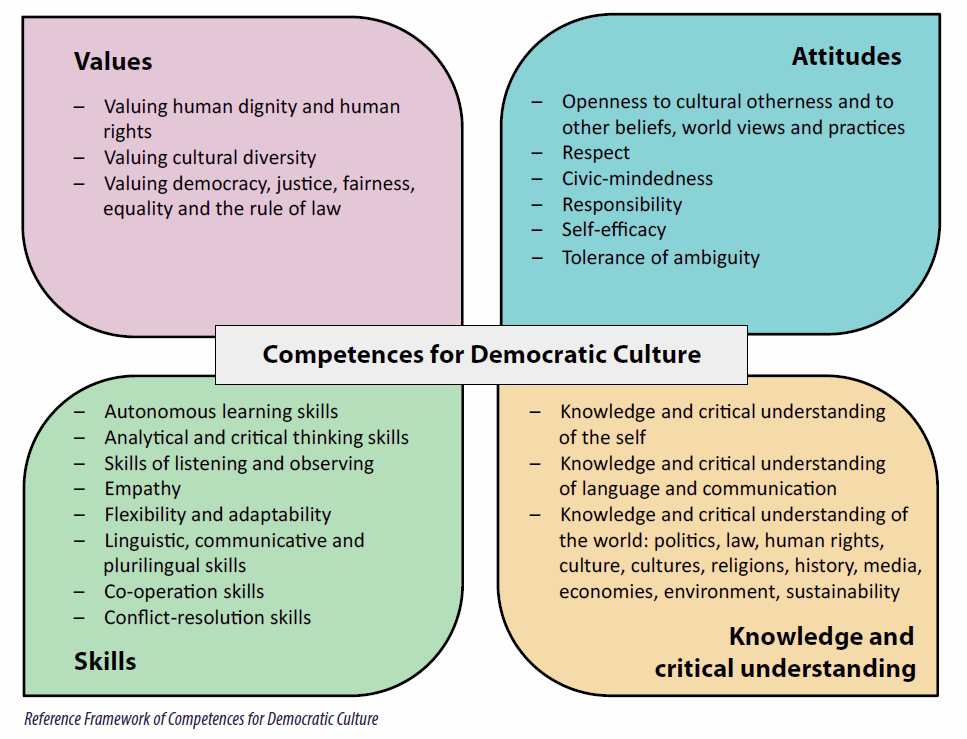
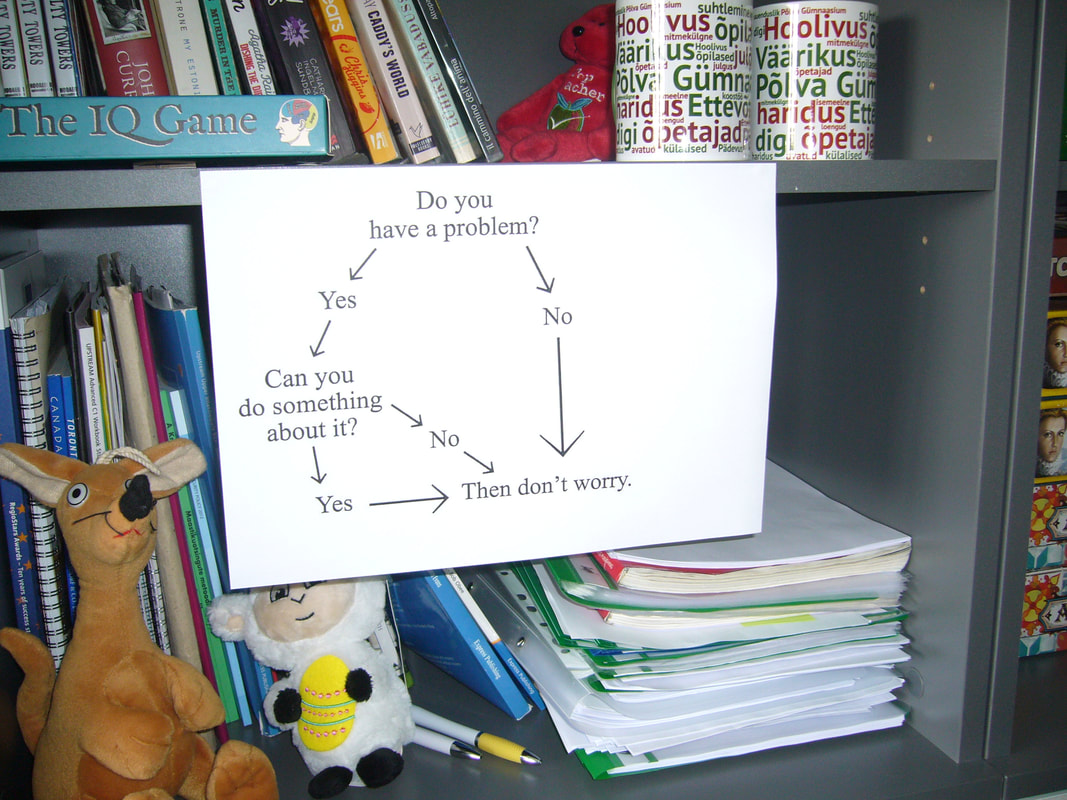
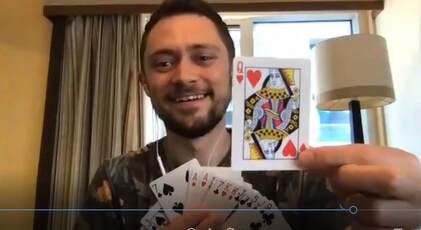
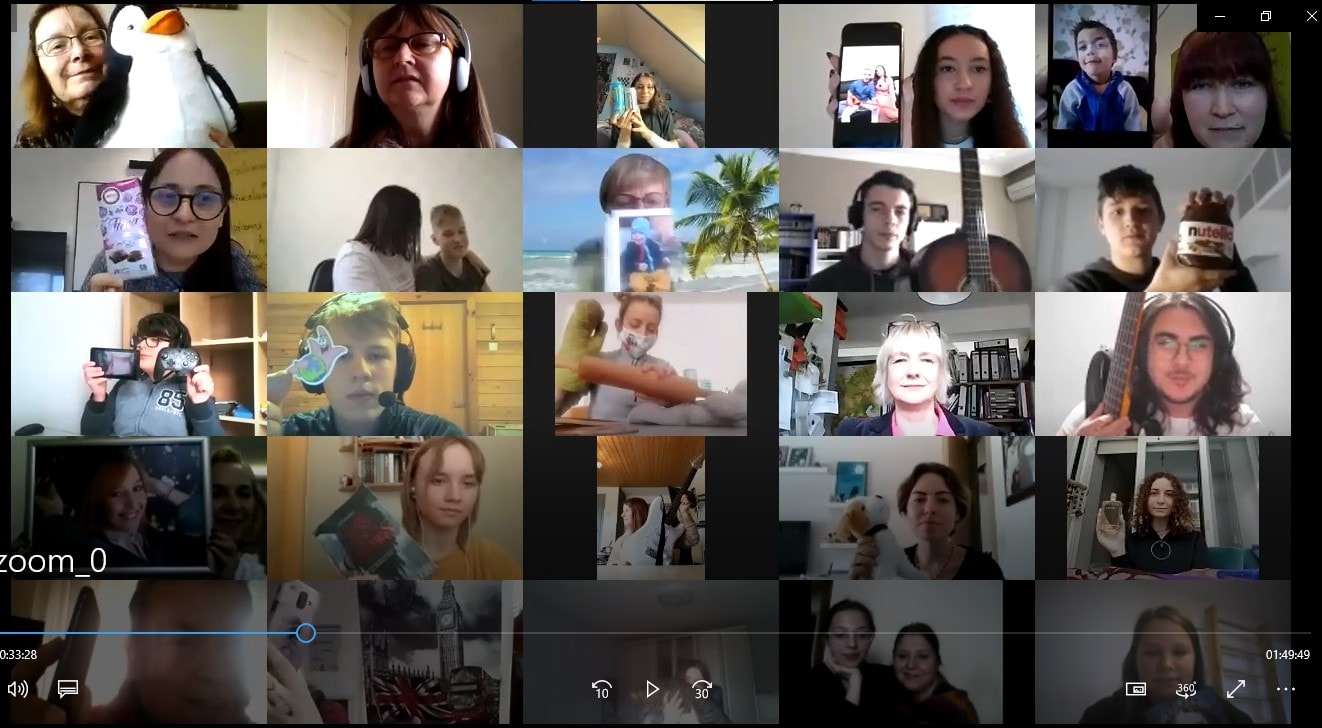
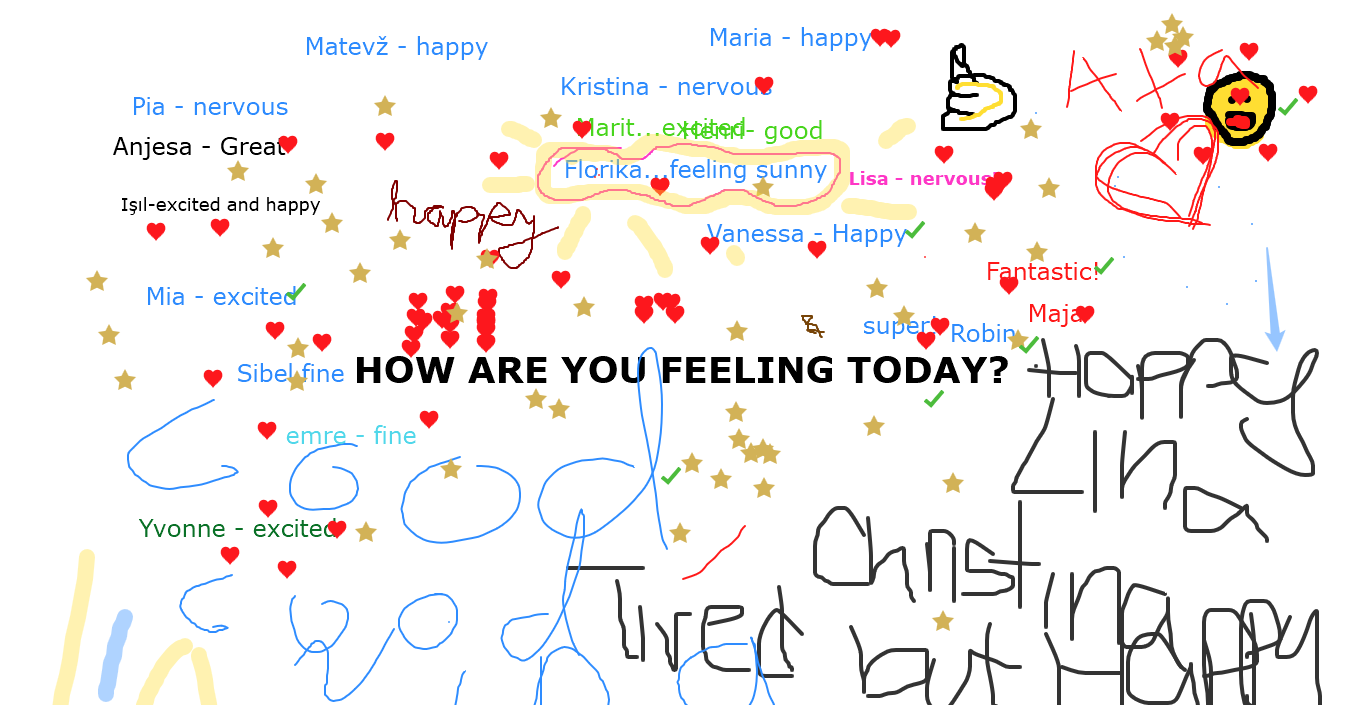
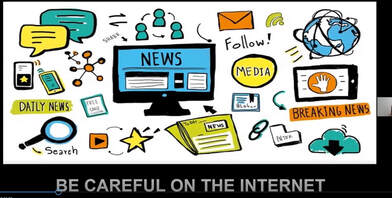
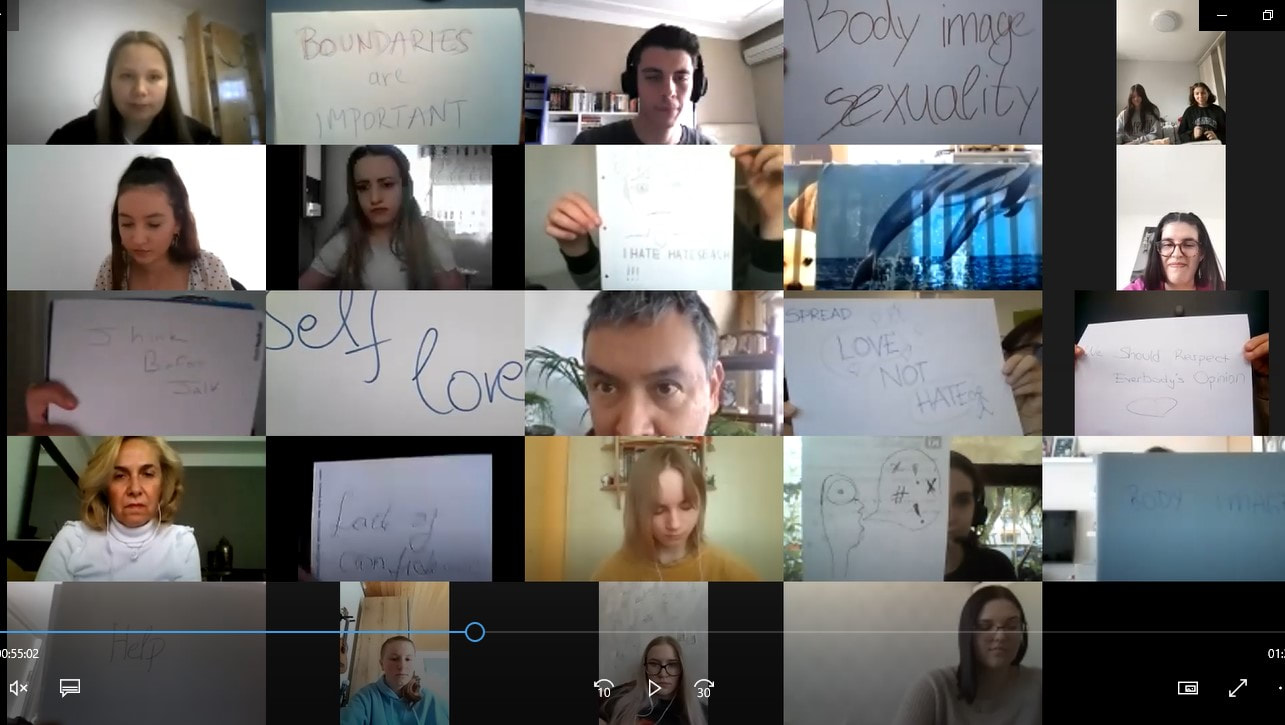
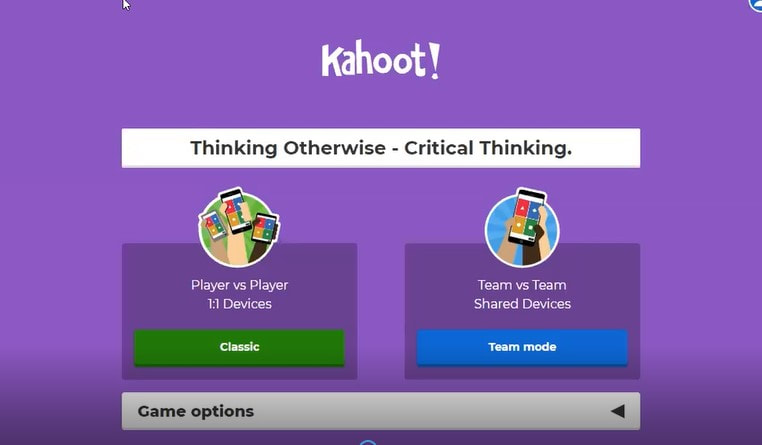
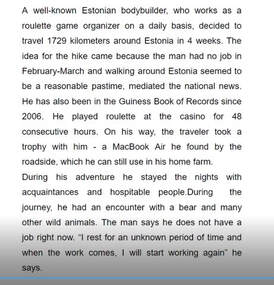
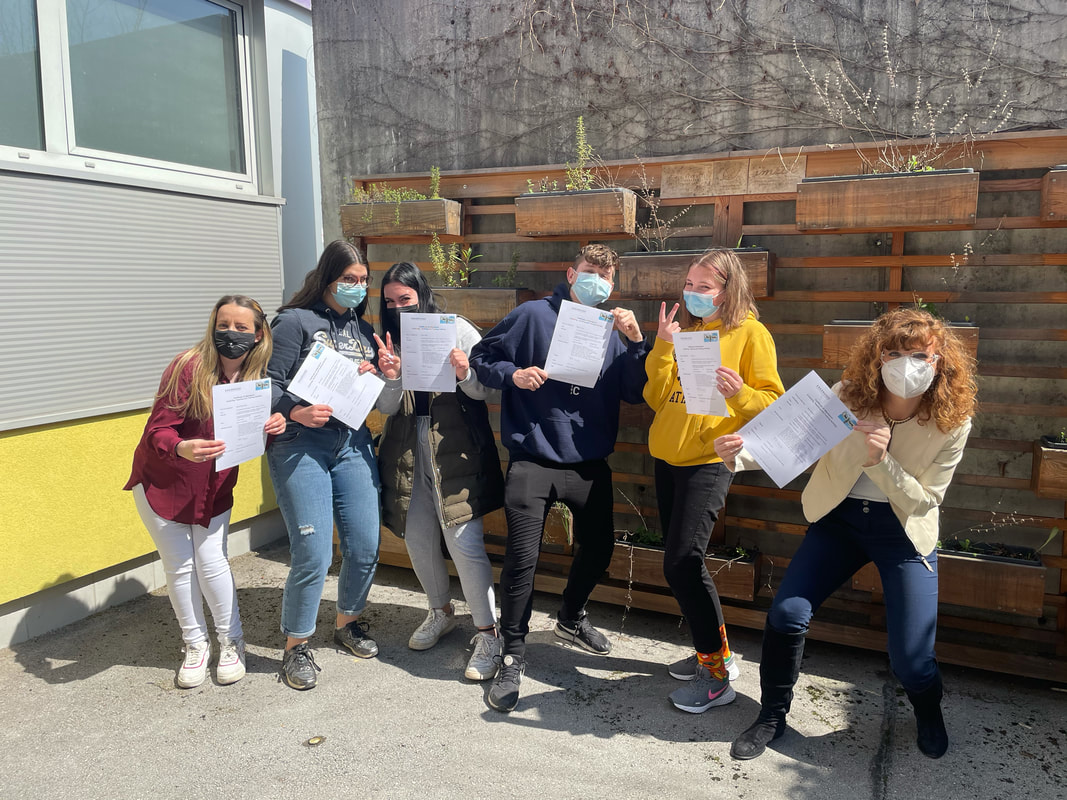
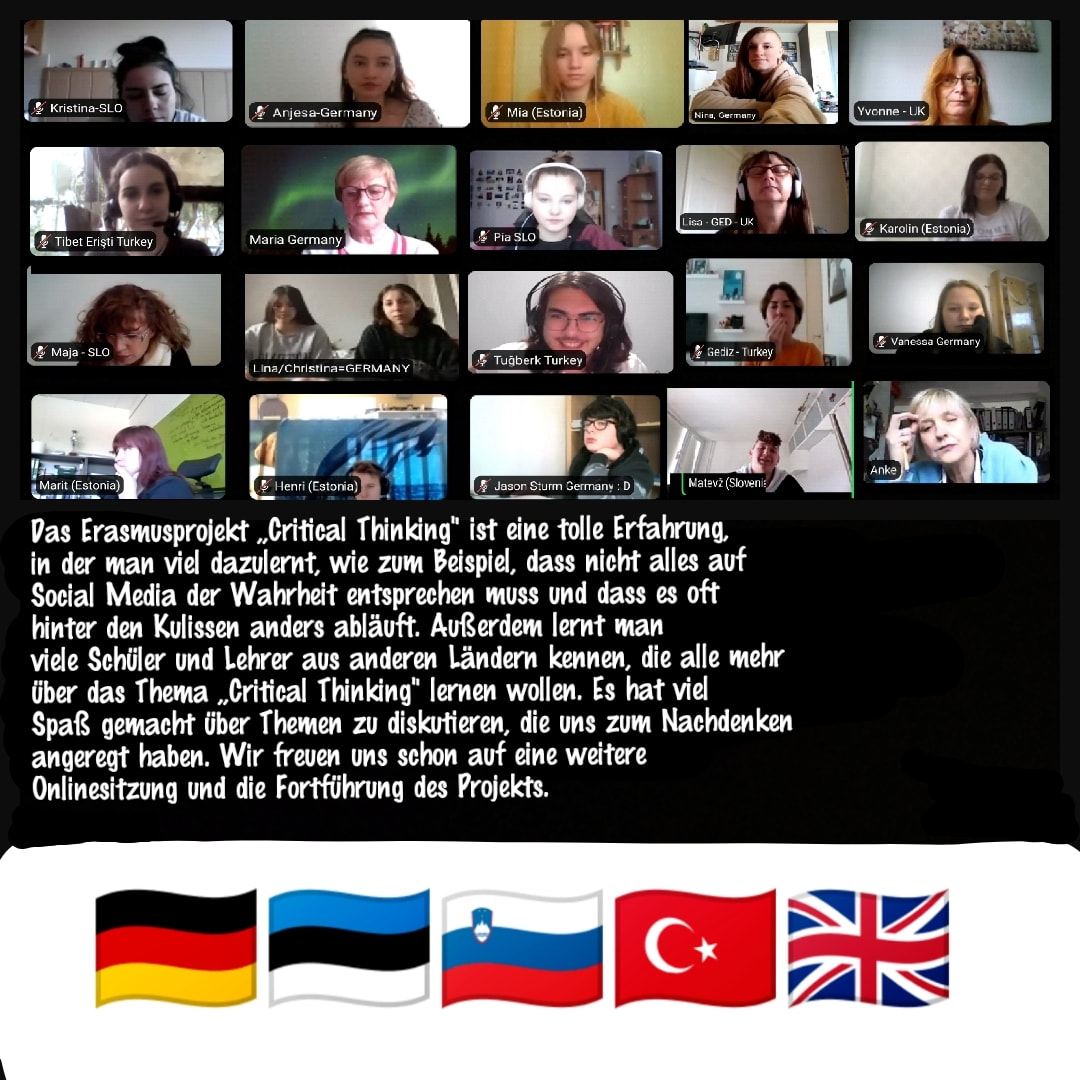
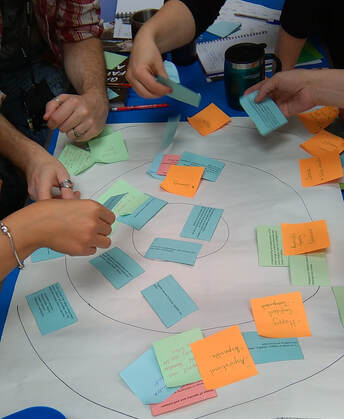
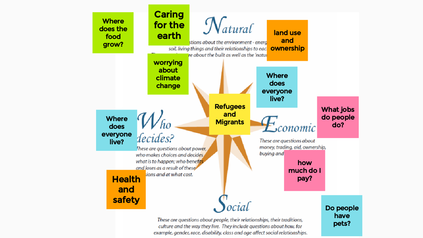
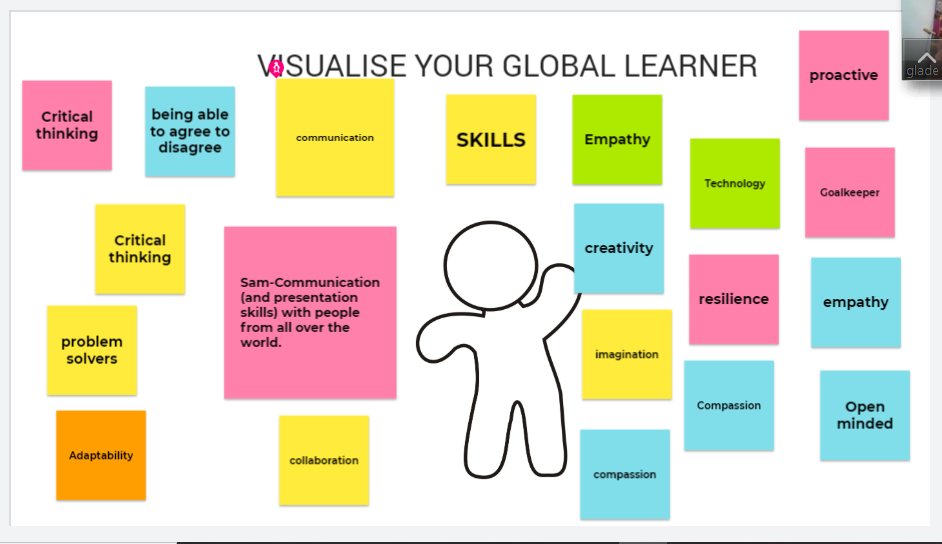
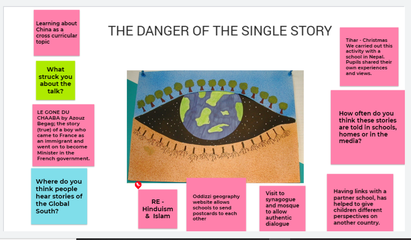
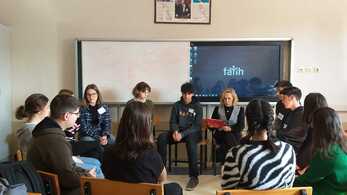
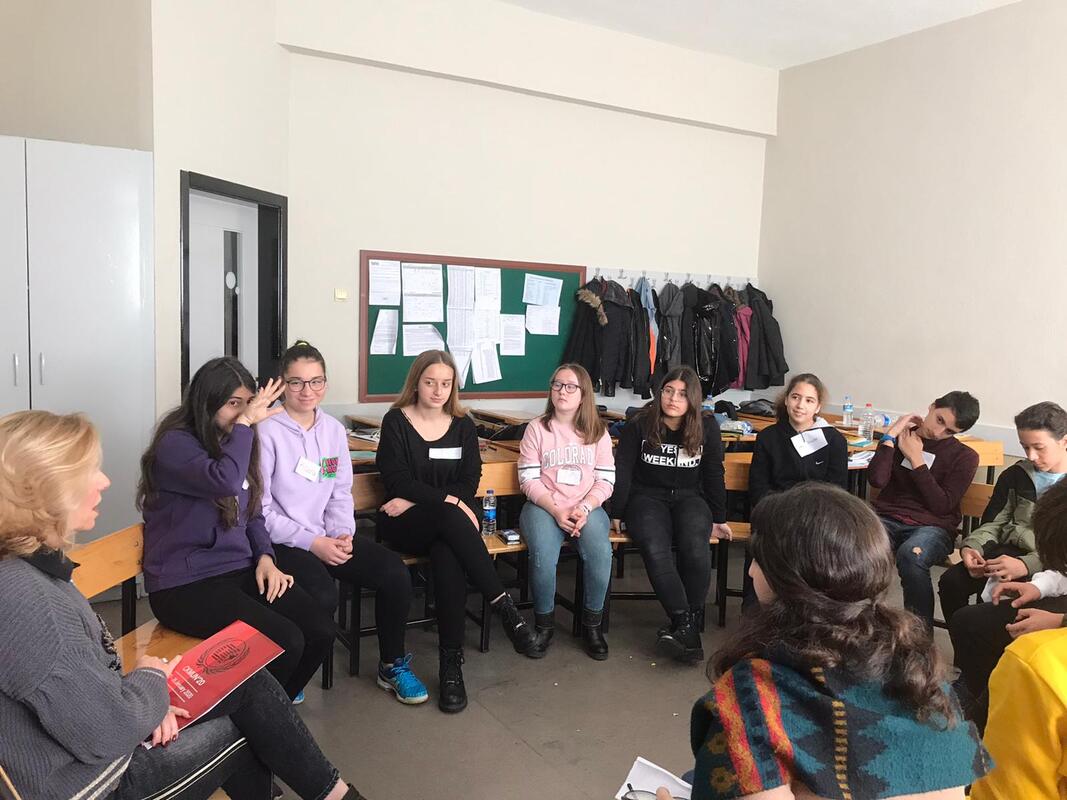
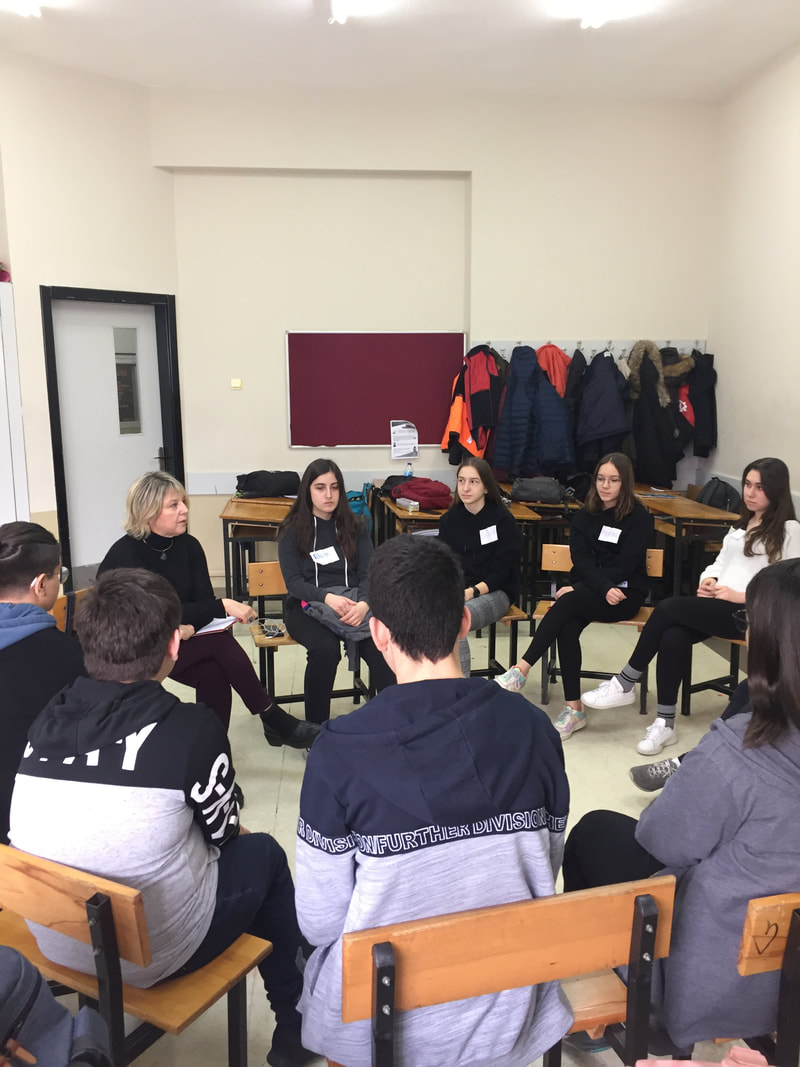
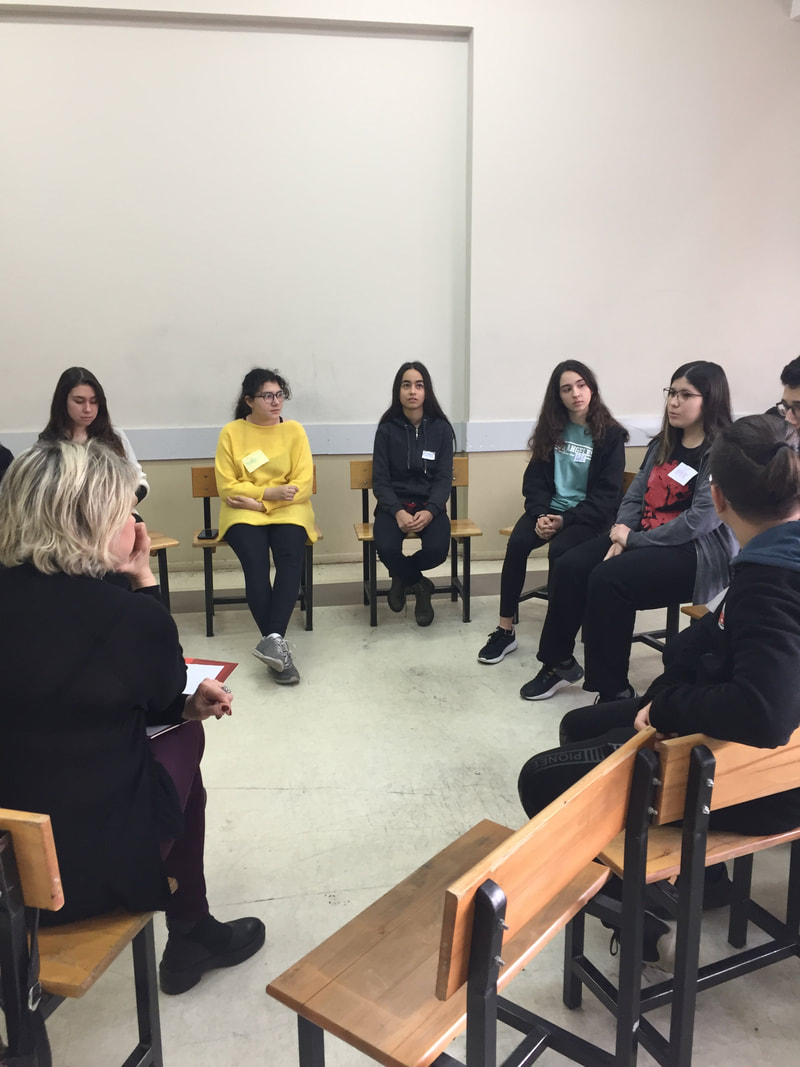
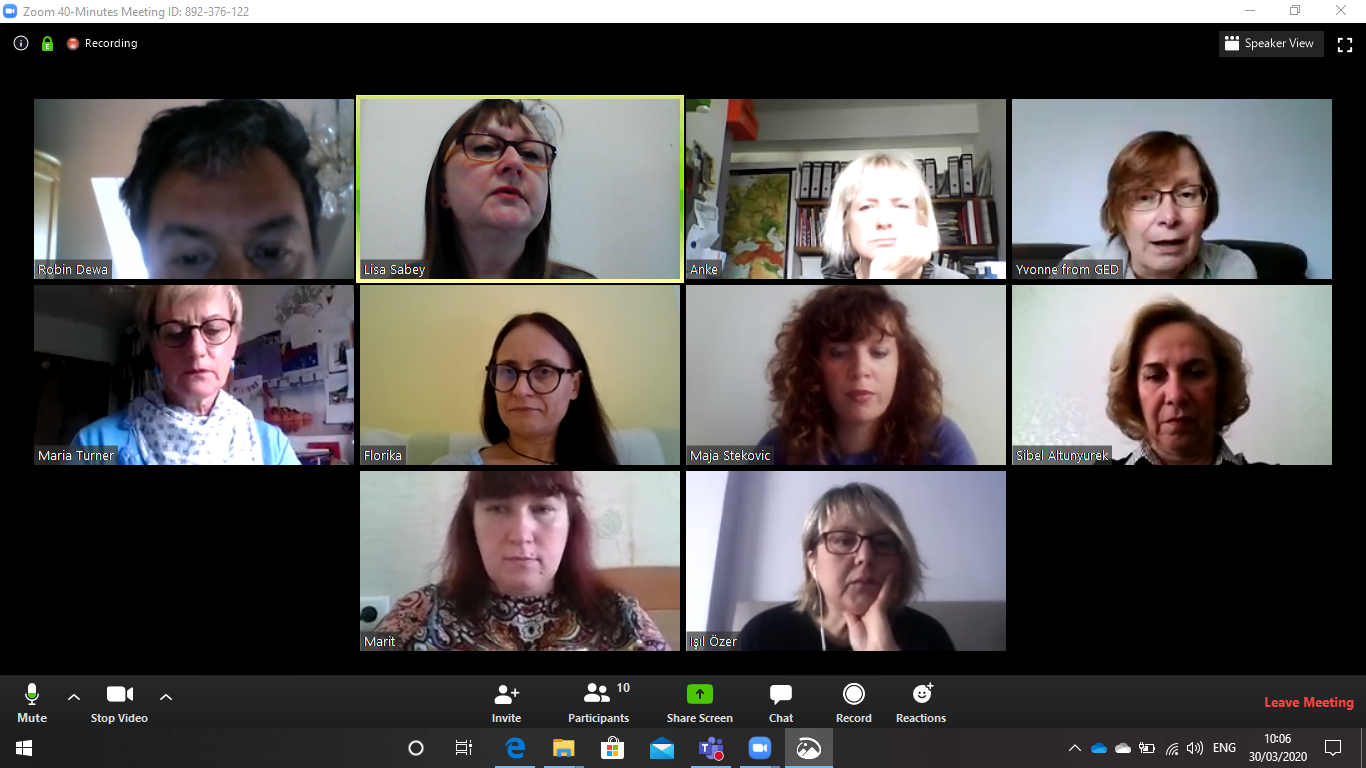
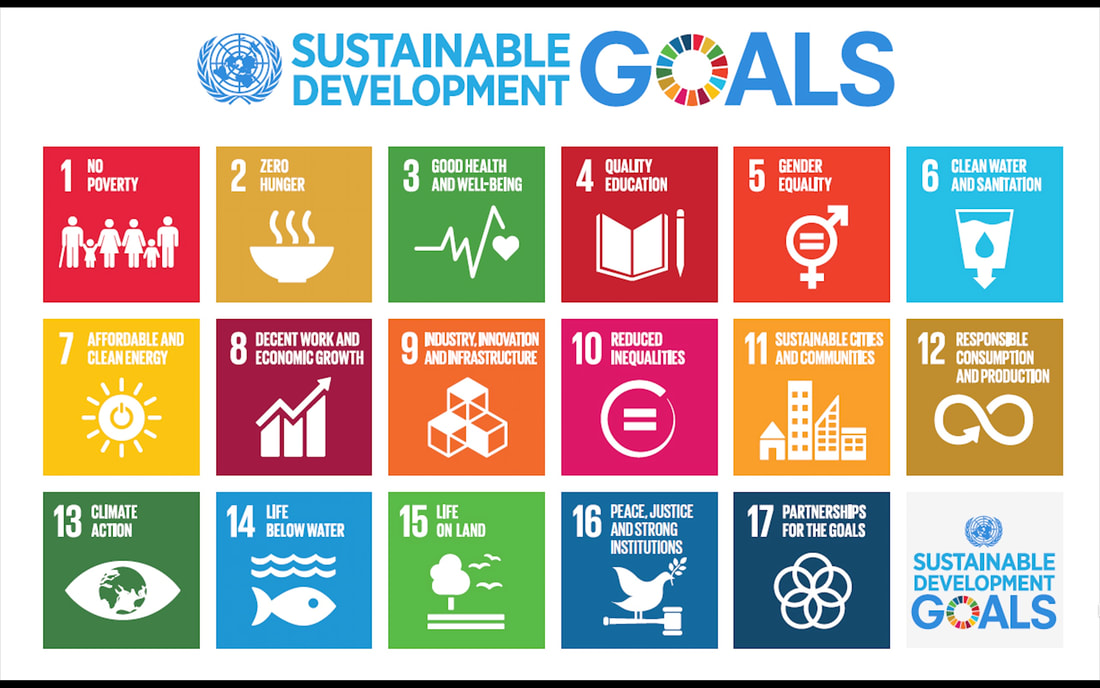
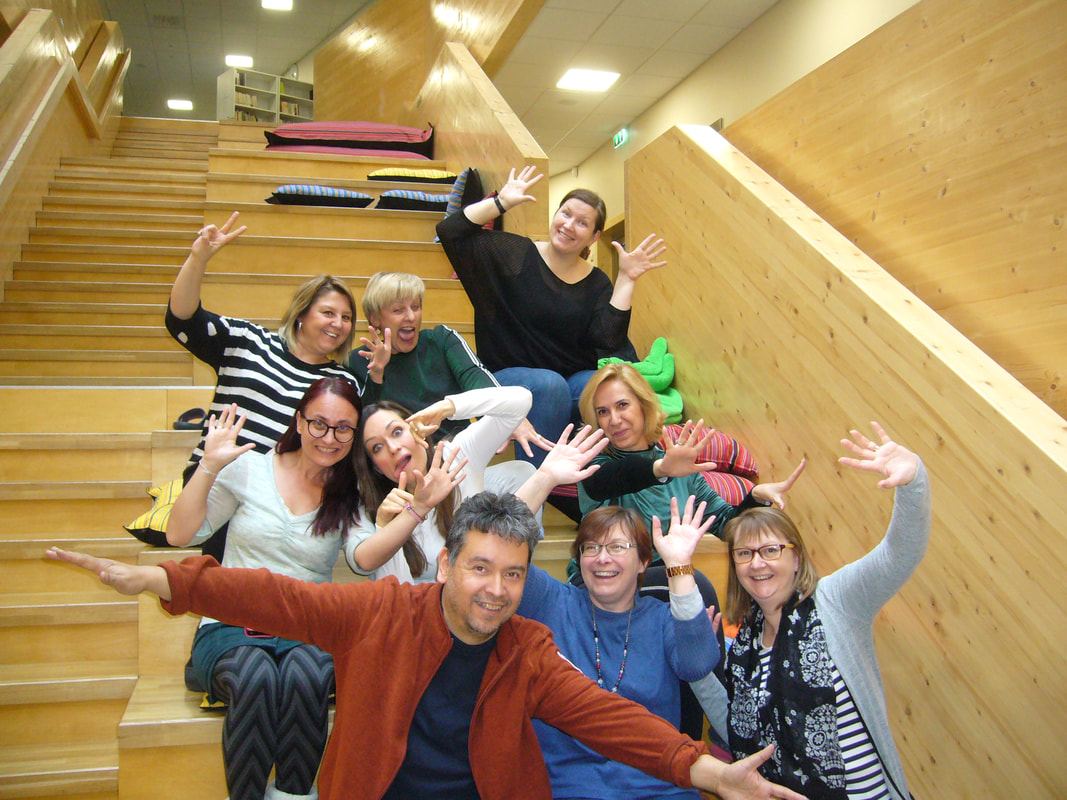
 RSS Feed
RSS Feed

